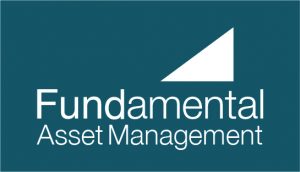AIM for Inheritance Tax planning is not early stage investing

Many are attracted to invest in AIM for the Inheritance Tax planning attractions yet are fearful of the perceived extra risk of investing in smaller quoted companies and the notion that they will have their money locked up in early stage businesses.
While the vast majority of AIM companies are smaller than their peers on the main market, there are now many large companies on AIM, with nineteen valued at more than £1 billion each at the end of October. AIM’s largest company ASOS, which is valued at more than £4 billion, would gain it entry to the FTSE100 index of the UK’s largest companies.
Our philosophy for investing in AIM for Inheritance Tax planning purposes is to stick to well-established, proven and profitable businesses, many of which are often run by their founders who continue to own significant equity stakes. Our AIM for Inheritance Tax portfolios include several companies that have been controlled by the same founding families for several generations.
In eschewing small, early stage ventures, with unproven business models and negligible revenue, we may miss out on the occasional star performer, however, experience has also shown that we also avoid the numerous failures.
Investing in early stage companies requires a large degree of patience. New concepts and technologies take many years, and often decades, to come to commercial fruition. AIM previously attracted many small early stage business, often in the healthcare sector, some of which have seen great success over the pandemic. Rather than raise new capital via a listing on AIM, early stage companies now have access to start-up capital through venture capital, private equity or crowd funding routes. This means that new arrivals to AIM in recent years have largely been better-established businesses, the majority of which are revenue generating and profitable.
The primary attraction for those investing in AIM for Inheritance Tax planning purposes is often the short 2 year qualifying period for assets to fall outside the estate, following the Business Relief rules. Accordingly, while investing in equities should always be viewed as a long-term exercise (5 year plus), the window of investment opportunity for Inheritance Tax planning is somewhat shorter than would normally be the case.
Our webinar ‘The truth about risk in AIM’, highlights the more pertinent risks associated with investing in AIM for Inheritance Tax planning purposes. You can watch the webinar from the link here.
Chris Boxall
Cofounder & Co-Managing Director
You can find out more about Fundamental Asset Management’s high performing AIM IHT ISA and AIM Inheritance Tax portfolio service, which has been delivering exceptional investment returns for more than 16 years, from the link here.

